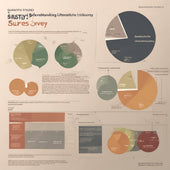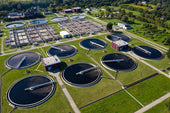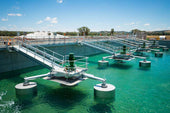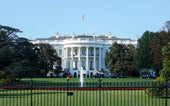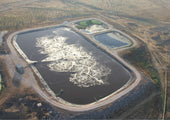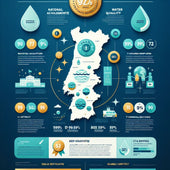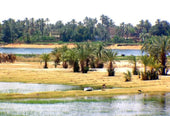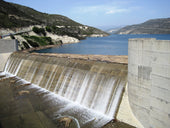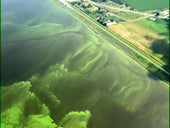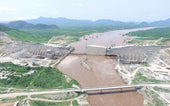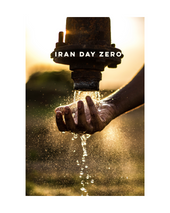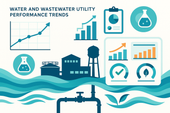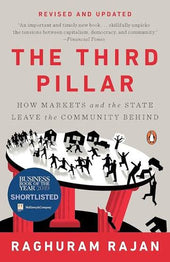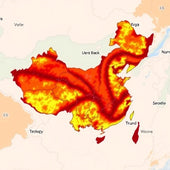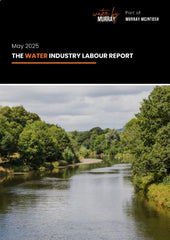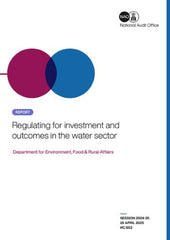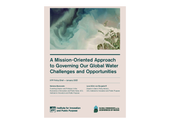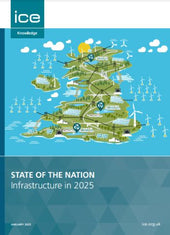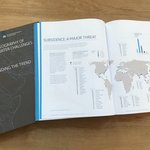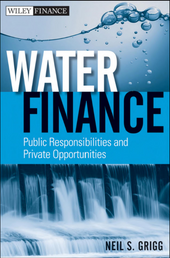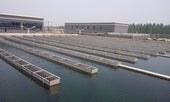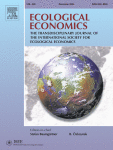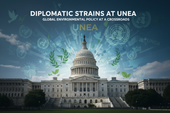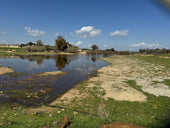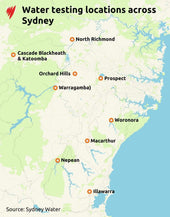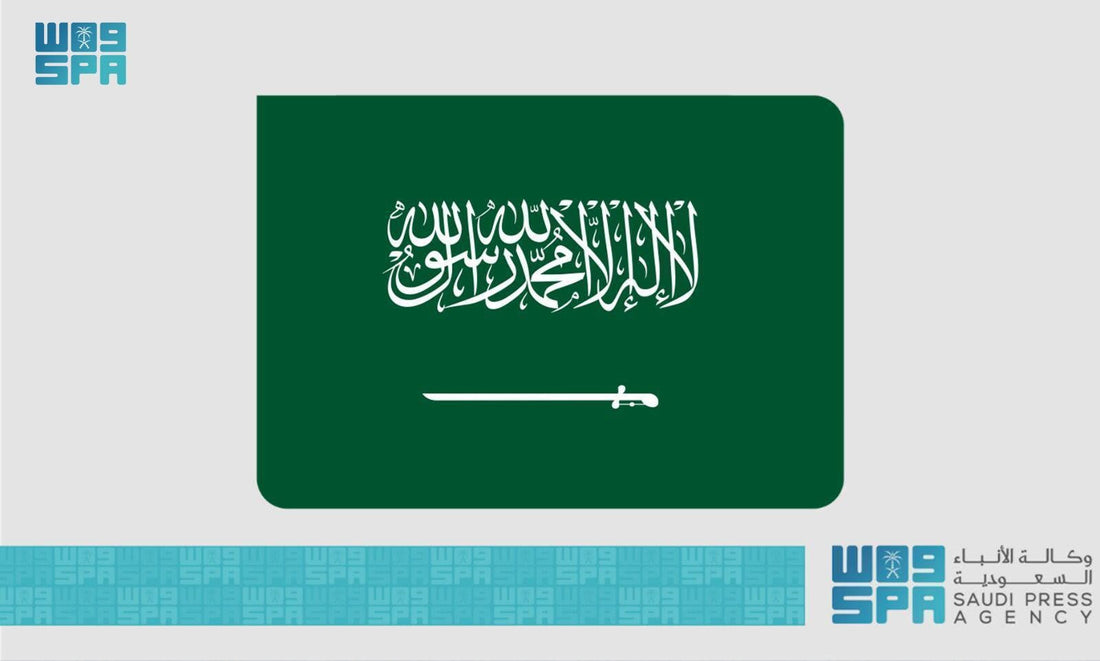
Saudi Arabia Named Global Model for Water Sustainability by UN-Water

From Scarcity to Leadership: How Saudi Arabia Became a Global Model for Water Sustainability
*July 26, 2025*
In a remarkable transformation that challenges conventional wisdom about resource management in arid regions, Saudi Arabia has emerged as an unlikely global leader in water sustainability. The United Nations' recent recognition of the Kingdom as an exemplary model for water management practices represents more than just diplomatic acknowledgment—it signals a fundamental shift in how nations can approach critical resource challenges through strategic innovation and comprehensive planning.
The Challenge: Managing Water in the World's Most Water-Scarce Region
Saudi Arabia faces one of the most severe water scarcity challenges on the planet. With less than 2.4 cubic meters of renewable freshwater resources per capita annually—far below the UN's water poverty line of 1,000 cubic meters—the Kingdom operates in an environment where traditional water management approaches simply cannot succeed. This extreme scarcity, combined with growing population demands and economic diversification goals, created an imperative for revolutionary thinking about water resource management.
The scale of this challenge cannot be overstated. In a region where every drop of water must be carefully managed and where traditional sources are severely limited, the Kingdom needed to develop an entirely new paradigm for water security. This necessity became the catalyst for innovation that would eventually earn international recognition.

A Comprehensive Strategy Emerges
The transformation began with a fundamental recognition that water security required more than technical solutions—it demanded a comprehensive, multi-sector approach that integrated policy, technology, economics, and international cooperation. The Ministry of Environment, Water and Agriculture developed a framework that addressed every aspect of the water value chain, from source diversification to end-user efficiency.
Central to this approach was the establishment of clear accountability structures and measurable targets. Rather than pursuing ad hoc improvements, the Kingdom developed systematic metrics that allowed for continuous monitoring and adjustment of strategies. This data-driven governance model ensured that investments in water infrastructure and technology delivered measurable results.
The strategy also recognized that sustainable water management required breaking down traditional silos between government departments, private sector entities, and international partners. By creating integrated planning mechanisms that coordinated efforts across all stakeholders, Saudi Arabia was able to optimize resource allocation and avoid duplicated efforts.
Innovation as a Strategic Imperative
Technology and innovation became cornerstones of Saudi Arabia's water transformation. The Kingdom invested heavily in advanced desalination technologies, water recycling systems, and smart infrastructure that could maximize efficiency at every stage of the water cycle. These technological solutions were not implemented in isolation but as part of a comprehensive system designed to address the full spectrum of water challenges.
Particularly noteworthy was the emphasis on data-driven decision making. Advanced monitoring systems, predictive analytics, and real-time resource management capabilities enabled officials to optimize water distribution, identify efficiency opportunities, and respond rapidly to changing conditions. This technological sophistication transformed water management from a reactive to a proactive discipline.
The private sector played a crucial role in this innovation ecosystem. By creating meaningful partnerships with technology companies, infrastructure developers, and service providers, the Kingdom was able to accelerate implementation timelines while sharing both risks and expertise. These collaborations brought global best practices to local challenges while ensuring that solutions were economically sustainable.
Measurable Success: The Numbers Tell the Story

The results of this comprehensive approach are reflected in concrete performance improvements that impressed international observers. The Kingdom's Integrated Water Resources Management index increased from 57% to 83% between 2017 and 2023—one of the fastest improvement rates globally for SDG indicator 6.5.1.
Dr. Abdulaziz AlShaibani, Deputy Minister for Water, emphasized that these improvements were not merely statistical achievements but represented tangible benefits in service quality, system efficiency, and coordination across water-related sectors. This performance improvement demonstrates that even in the most challenging environmental conditions, strategic planning and systematic implementation can deliver transformational results.
The rapid pace of improvement is particularly significant given the complexity of water systems and the typically long timelines required for infrastructure development. Saudi Arabia's ability to achieve such dramatic improvements in a relatively short period provides a compelling case study for other nations facing similar challenges.
Implications for Global Water Security
Saudi Arabia's recognition by UN-Water carries implications that extend far beyond the Kingdom's borders. As water scarcity affects an estimated 2 billion people globally—a number projected to double by 2050—the need for proven models of effective water management has never been more urgent.
The Saudi approach offers several lessons that can be adapted to different contexts. The emphasis on integrated planning, the strategic use of technology, the importance of public-private partnerships, and the value of international cooperation provide a framework that other nations can modify to address their specific circumstances.
Perhaps most importantly, the Saudi experience demonstrates that water scarcity, while challenging, is not insurmountable. Through strategic thinking, sustained commitment, and innovative approaches, nations can transform their water security outlook even under the most difficult conditions.
Alignment with Broader Sustainability Goals
The water management achievements align seamlessly with Saudi Arabia's broader sustainability objectives outlined in Vision 2030. This integration demonstrates how sector-specific improvements can contribute to comprehensive national transformation goals. The success in water management provides a foundation for other sustainability initiatives while showcasing the Kingdom's commitment to responsible resource stewardship.

The international recognition also supports Saudi Arabia's growing role as a leader in sustainability discussions within the Gulf region and globally. As the Kingdom continues to diversify its economy and reduce dependence on traditional energy exports, achievements in areas like water management establish credibility for leadership in multiple sustainability domains.
## Looking Forward: A Model for Global Application
As other nations grapple with increasing water stress due to climate change, population growth, and economic development, Saudi Arabia's transformation offers both inspiration and practical guidance. The systematic approach, emphasis on measurable outcomes, and integration of multiple stakeholder perspectives provide a replicable framework for addressing complex resource challenges.
The UN recognition serves as validation that innovative approaches to sustainability challenges can succeed even under the most difficult circumstances. For business leaders, policymakers, and sustainability professionals worldwide, the Saudi water management story provides compelling evidence that strategic thinking and comprehensive implementation can transform seemingly intractable problems into opportunities for leadership and innovation.
The Kingdom's journey from water scarcity to sustainability leadership demonstrates that with the right combination of vision, strategy, and execution, nations can not only address their own challenges but become models for global best practices. In an era where resource security increasingly determines national competitiveness, Saudi Arabia has shown that limitations can become catalysts for breakthrough innovation and international leadership.
---
*This analysis is based on the recent UN-Water recognition of Saudi Arabia's water management achievements and reflects current developments in global water sustainability practices. The Saudi experience offers valuable insights for organizations and nations developing their own approaches to complex resource management challenges.*




